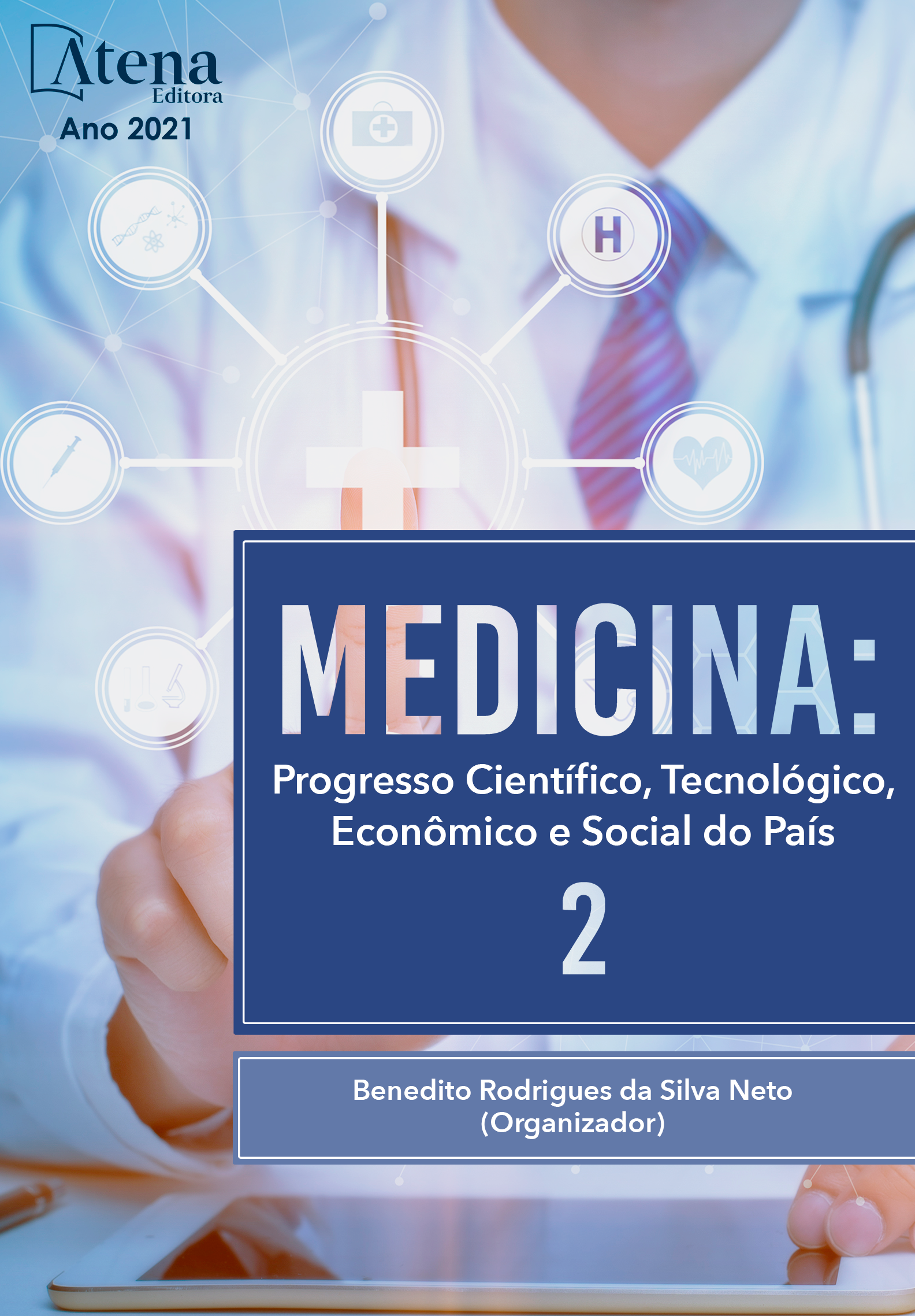
SÍNDROME DE ANGELMAN: DESAFIOS E PERSPECTIVAS
A Síndrome de Angelman (AS) é uma doença de ordem neurológica, causada pela não funcionalidade do gene UBE3A de origem materna. É caracterizada por severo atraso cognitivo, disfunção motora e convulsões frequentes. Para o tratamento dessa condição são utilizados medicamentos, os quais podem trazer malefícios para o desenvolvimento das pessoas com AS. Sendo assim, o presente estudo tem como objetivo compreender a fisiopatologia da Síndrome de Angelman (AS), investigar o efeito de anticonvulsivantes em pacientes com a síndrome e analisar as consequências da farmacoterapia na AS. A metodologia utilizada classifica-se como descritiva-analítica com abordagem quantitativa, realizada respeitando o contexto de pandemia da COVID-19. O instrumento utilizado foi a coleta de dados via plataforma Google Forms, por meio de um questionário enviado via internet a grupos de pais de crianças com necessidades especiais. O questionário era composto de 21 questões que teve como critério de inclusão na pesquisa mães, pais, cuidadores de portador da Síndrome de Angelman promovendo um direcionamento para a temática, respeitando a privacidade do informante. A relevância da presente pesquisa é devida uma escassez de informações sobre tratamentos para AS sejam eles medicamentosos ou não. Sendo assim, observou-se com a finalização da coleta que há necessidade uma terapêutica integral, envolvendo o tratamento clínico das condições agudas, bem como medicamentoso e outras práticas para as condições crônicas, sendo estas necessárias para melhorar a qualidade de vida dos portadores de Síndrome de Angelman e de seus familiares.
SÍNDROME DE ANGELMAN: DESAFIOS E PERSPECTIVAS
-
DOI: 10.22533/at.ed.61621080621
-
Palavras-chave: Síndrome de Angelman; farmacoterapia; efeitos colaterais.
-
Keywords: Angelman Syndrome; pharmacotherapy; side effects.
-
Abstract:
Angelman Syndrome (AS) is a neurological disease, caused by the non-functionality of the UBE3A gene of maternal origin. It is characterized by severe cognitive delay, motor dysfunction and frequent seizures. Some medicines, used to treat this condition, can harm the development of people with AS. Therefore, the present study aims to understand the pathophysiology of Angelman Syndrome (AS), investigate the effect of anticonvulsants in patients with the syndrome and analyze the consequences of pharmacotherapy in AS. The methodology used is classified as descriptive-analytical with a quantitative approach, carried out respecting the context of the pandemic of COVID-19. The instrument used was data collection via the Google Forms platform, through a questionnaire sent via the Internet to groups of parents of children with special needs. The questionnaire consisted of 21 questions that had as criteria for inclusion in the research: mothers, fathers, caregivers of patients with Angelman Syndrome promoting a direction for the theme, respecting the informant's privacy. The relevance of this research is due to a lack of information on treatments for AS, whether they are pharmacological or not. Thus, it was observed with the completion of the collection that there is a need for comprehensive therapy, involving the clinical treatment of acute conditions, as well as medication and other practices for chronic conditions, which are necessary to improve the quality of life of patients with the Syndrome. Angelman and their family members.
-
Número de páginas: 15
- SANDRA CRISTINA CATELAN-MAINARDES
- MARIA JULIA DA SILVEIRA MARQUES


